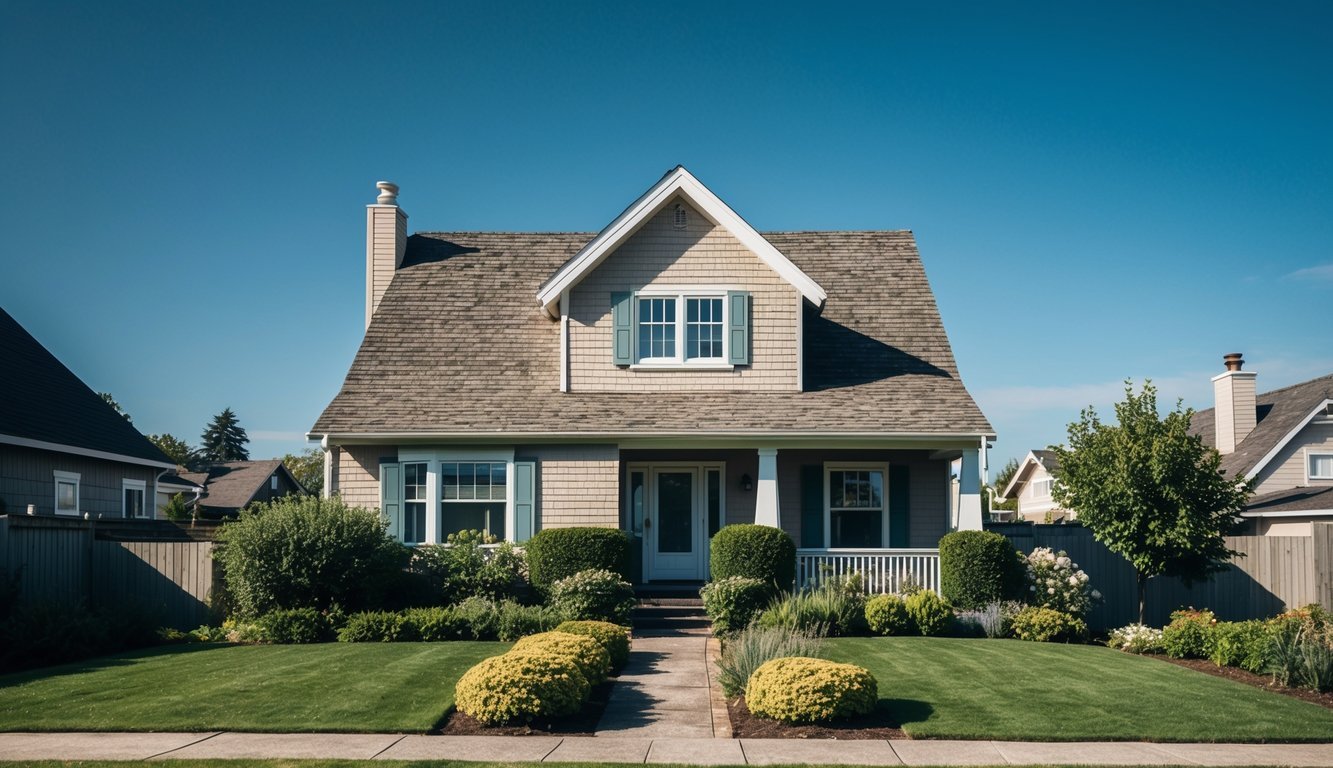
A recent study from researchers at Oxford University has uncovered compelling evidence suggesting that homeownership during early adulthood may significantly enhance life expectancy for American males born in the early 20th century. The findings reveal that such ownership could extend life by approximately four months.
Research Overview
Led by Dr. Casey Breen, a Senior Postdoctoral Research Fellow at the Leverhulme Centre for Demographic Science and the Department of Sociology at Oxford, this research has been published in the journal Demography. The study establishes a noteworthy correlation between homeownership and longevity, highlighting a difference of 0.36 years in life expectancy for Black American males compared to their White counterparts from the same generation.
The implications of this research extend far beyond mere statistics. It points to the profound impact that housing stability can have on health and longevity. The results strongly advocate for social policies designed to promote equitable access to homeownership, particularly for Black Americans, an approach that may help address the stark life expectancy gap currently observed between Black and White males in the United States.
Historical Context
Historically, the landscape of homeownership has been marred by systemic inequalities rooted in racism and discrimination. Data reveals that in the mid-20th century, homeownership rates were dramatically skewed, with White people nearly twice as likely to own homes compared to Black people. In 1940, for instance, fewer than 10% of Black Americans aged 18 to 25 owned homes, while only 40% of those over 65 had achieved this milestone.
Utilizing a unique blend of linked data from the 1920 and 1940 census records, as well as social security mortality information and a novel sibling identification method, the study meticulously examined how homeownership influenced life expectancy among American men who owned homes between the ages of 24 and 35.
Factors Influencing Longevity
While it is well-established that homeownership is associated with wealth accumulation and better health outcomes, the study found that the actual value of the property appeared to have little bearing on longevity. Instead, several other factors may be at play. Homeownership may foster stronger social networks, offer psychological benefits, and improve living conditions, all of which could contribute to a longer life. The analysis revealed that early adult homeowners lived an average of six months longer at the age of 65 compared to those who rented.
The research incorporated a variety of factors into its assessment, including education, race, income, marital status, and familial background, to provide a comprehensive view of how homeownership has influenced life expectancy across the 20th century. However, the study also acknowledges certain limitations related to its focus on specific demographic groups and historical contexts, which may shape the applicability of its findings to broader populations.
As this groundbreaking investigation suggests, enhancing access to homeownership for racially marginalized communities could be a vital step in addressing existing inequalities in life expectancy, ultimately contributing to healthier, longer lives for all.
“`Study Details:
- Title: The Longevity Benefits of Homeownership: Evidence From Early Twentieth-Century U.S. Male Birth Cohorts
- Authors: Casey F. Breen
- Journal: Demography
- Publication Date: December 4, 2024
- DOI: 10.1215/00703370-11680975

